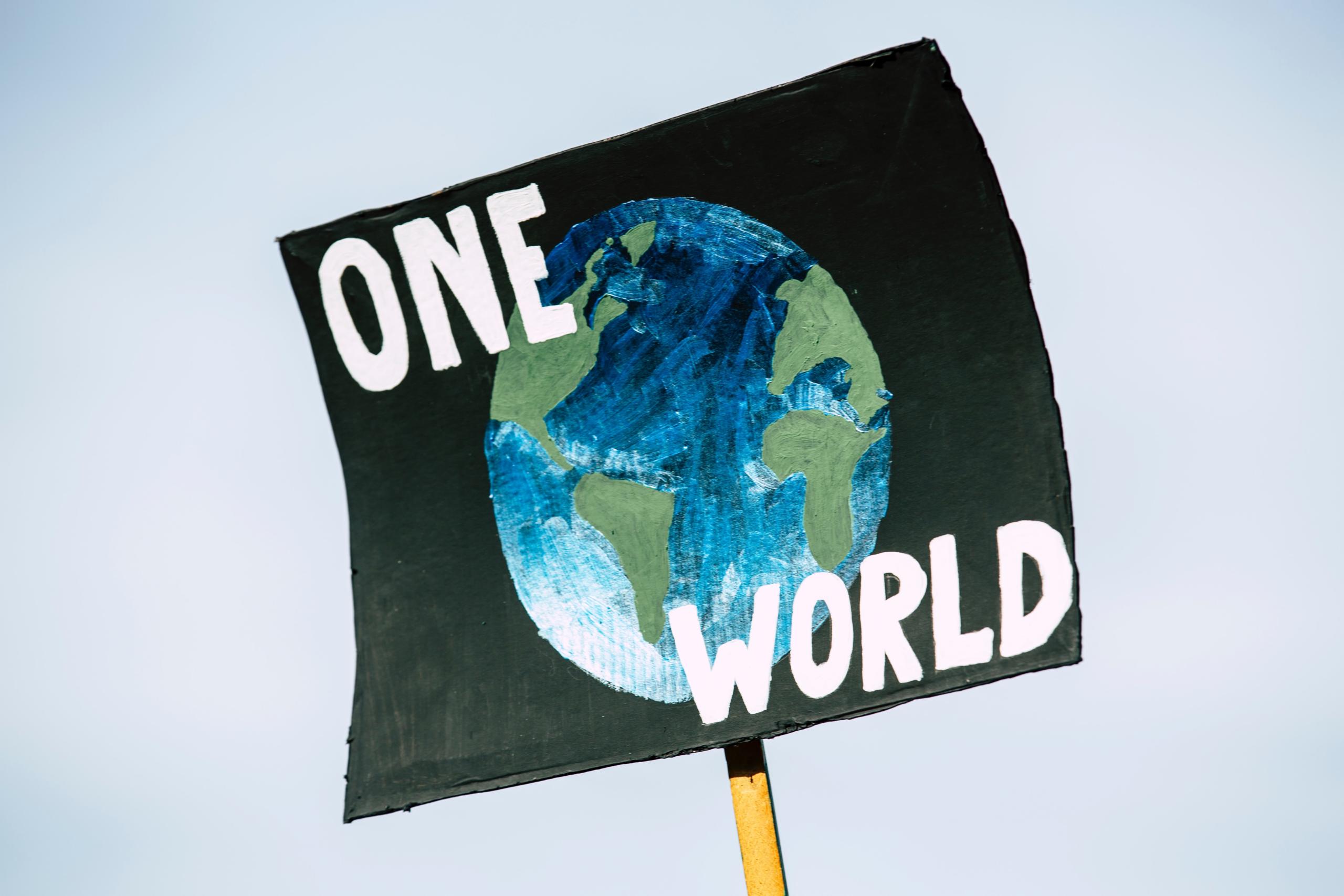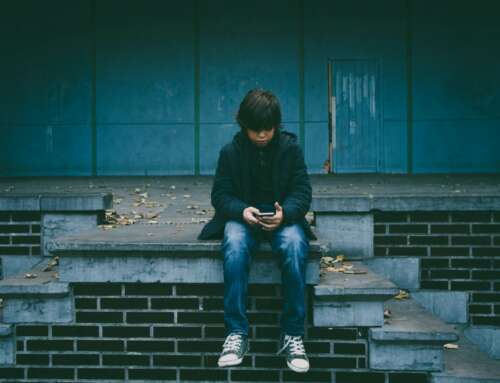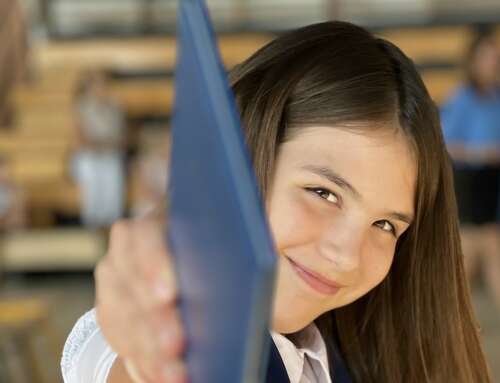Humanity is facing huge challenges. The climate crisis is evident and begs for urgent changes in our modes of social organisation. The COVID-19 pandemic has exposed huge global inequalities, and the interdependence among human communities, other species, and the planet as a shared territory.
The ethical decisions that we make in the next few years will be critical for the future of our species, our communities, and the ecosystems we inhabit.
To successfully address the challenges we’re facing, we’ll need to collaborate both within our communities and on a global scale.
Living, working with those who are different
That’s why we need to promote a kind of education in which children and young people learn to live and collaborate with others who are different, and to take care of the planet as a shared home.
If we want to promote a sustainable future, we need to imagine a kind of education that overcomes perspectives that radically separate humans from other living beings, and from the planet we inhabit.
If we want our children to understand the complexity of the challenges we face as a species, they should learn more about interdependencies and connections. They have to be aware that our daily actions can have an impact on people that are very far away in space and time, on other living beings, and on the planet as an ecosystem.
And if our actions have an impact on others, that implies having a moral responsibility.
Our students are already living with others and making ethical decisions in a highly interconnected world. Some of them are very aware of the challenges humanity is facing, and are active in demanding changes.
The School Strike 4 Climate initiative is a good example, but young people are also at the forefront of the #MeToo movement, and are prominent at Invasion Day rallies, asking for justice and greater recognition for Australia’s traditional owners.

Changing how ethical values are taught
In our research with Professor Fazal Rizvi, we argue for a shift in how we approach the teaching of ethical values in schools.
The challenge, we suggest, is to steer everyday experiences of students towards a critical reflexivity, as part of a broader pedagogical project that works in between the messiness of the actual social, political and cultural life of students, and ethical aspirations that institutions often profess.
Instead of teaching students about ethical principles in the form of long lists of abstract rights and obligations, we could use their own daily experiences as a starting point to promote an ethical education that can give them practical intellectual tools to deliberate the consequences of their daily decisions and actions.
In this way, they could learn how the great challenges humanity is facing are related to their own daily lives.
Debating the moral responsibilities
We could promote debates on the moral responsibilities that we have individually and collectively. Teachers and students would be faced with controversial issues that don’t have simple solutions. Some students might have very different positions, and there might be heated debates in the classroom.
If this happens, teachers will have a wonderful opportunity to promote a fundamental ability for living with others. The capacity to have a respectful conversation with those who are different, trying to understand why they think that way, and why they defend those values and ideas. Without the need to convince them. Without the need to reach an agreement.
Do we all need to share the same values to live together in harmony? I don’t think we do.
The aim, then, is not to educate people globally to have the same values.
The challenge is to design an education that can help children and young people understand the interdependencies of the world they live in, and to educate that, while still being attached to their close communities, they can see all humans as their brothers and sisters, and the planet as a shared home we all have to care for.
This article was first published on Monash Lens. Read the original article








Leave A Comment